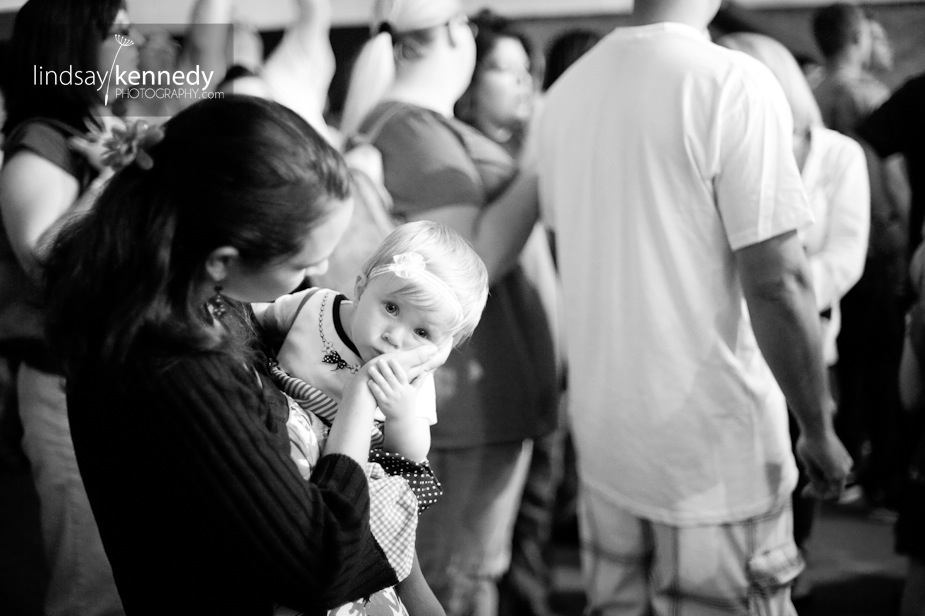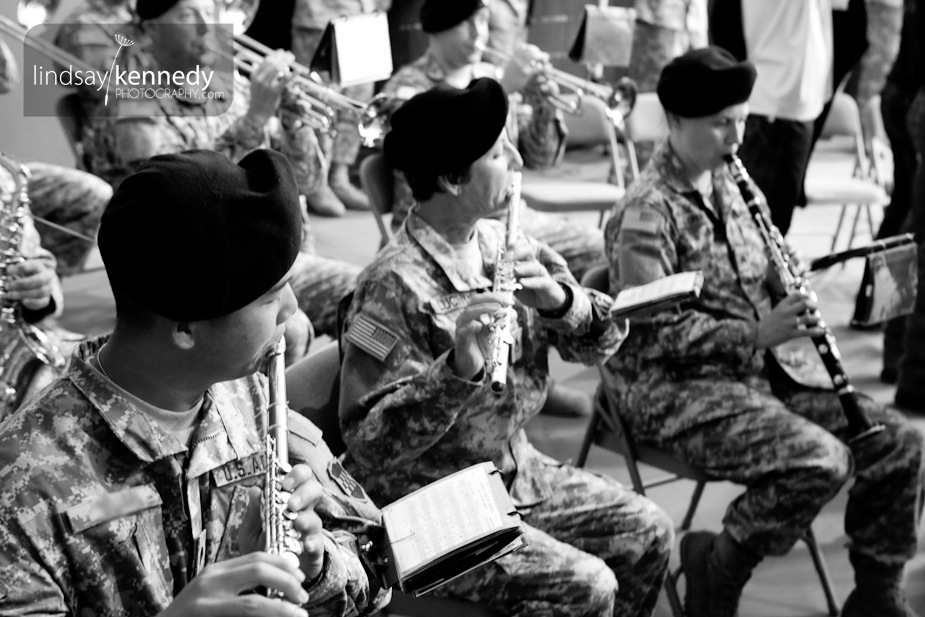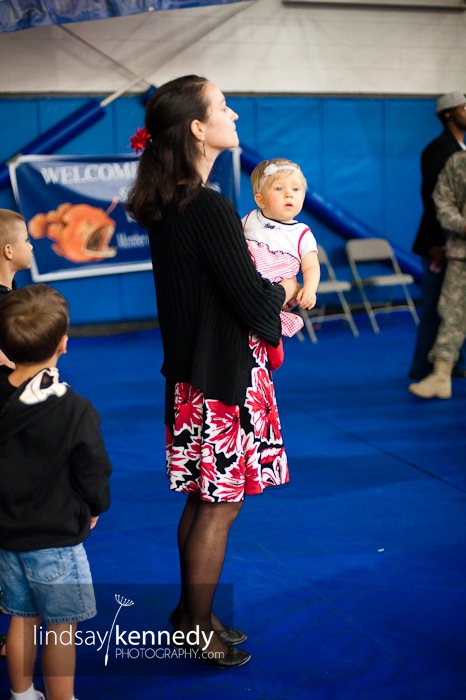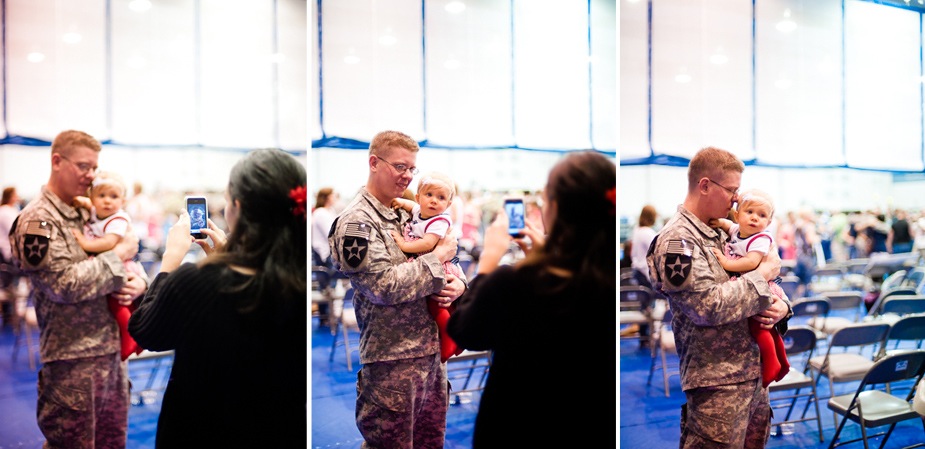While on a trip to Brazil last year I was invited to tell the story of Atini in photographs. Atini, which means “voice for life” in the Suruwahá language, is a non-profit organization in Brazil that works to defend the rights of Brazil’s indigenous children. Atini seeks to bring public awareness about the indigenous custom of infanticide, while looking to offer an alternative solution to the problem.
This post has been over a year in coming, partly because it’s such a sensitive topic culturally and politically, and I wanted to make sure to do these sweet people justice in telling their story. But it’s time to tell the story, so I’ll do my best…
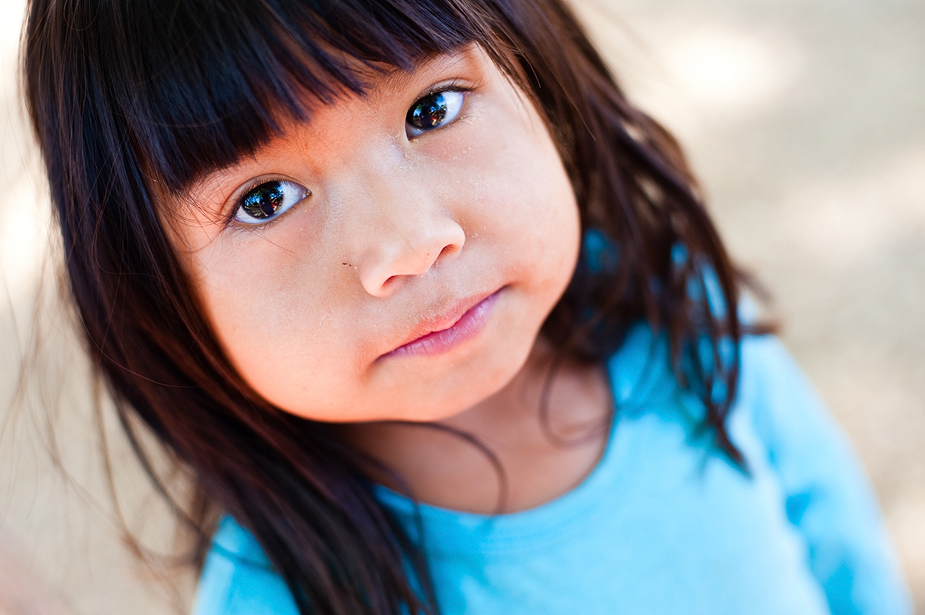
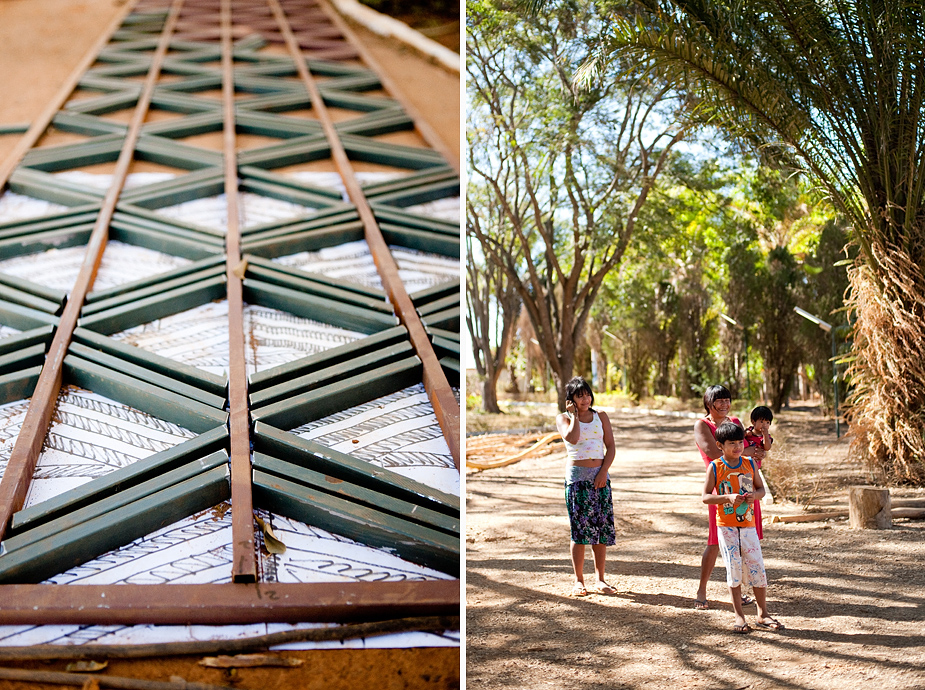

Sweet Iganani
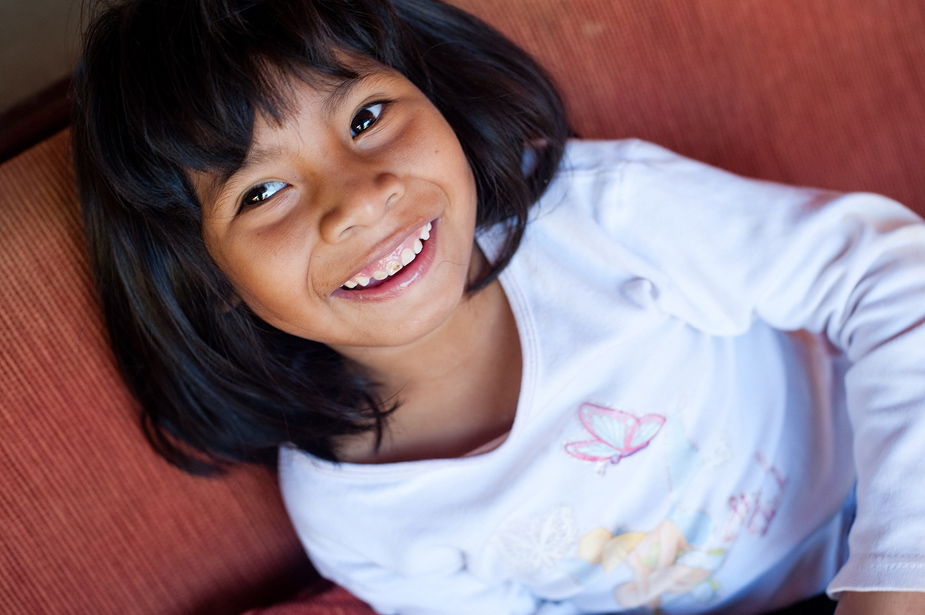
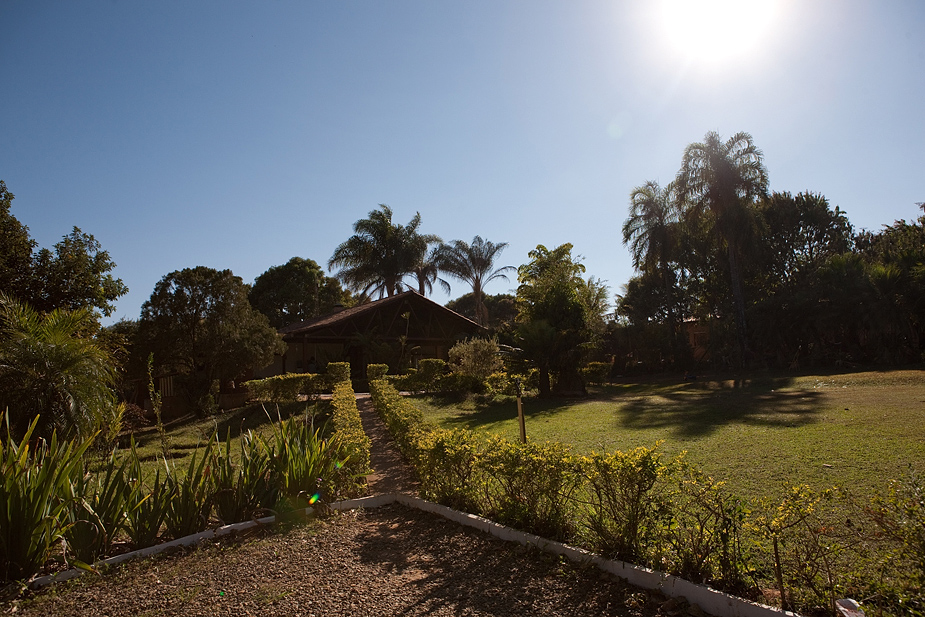
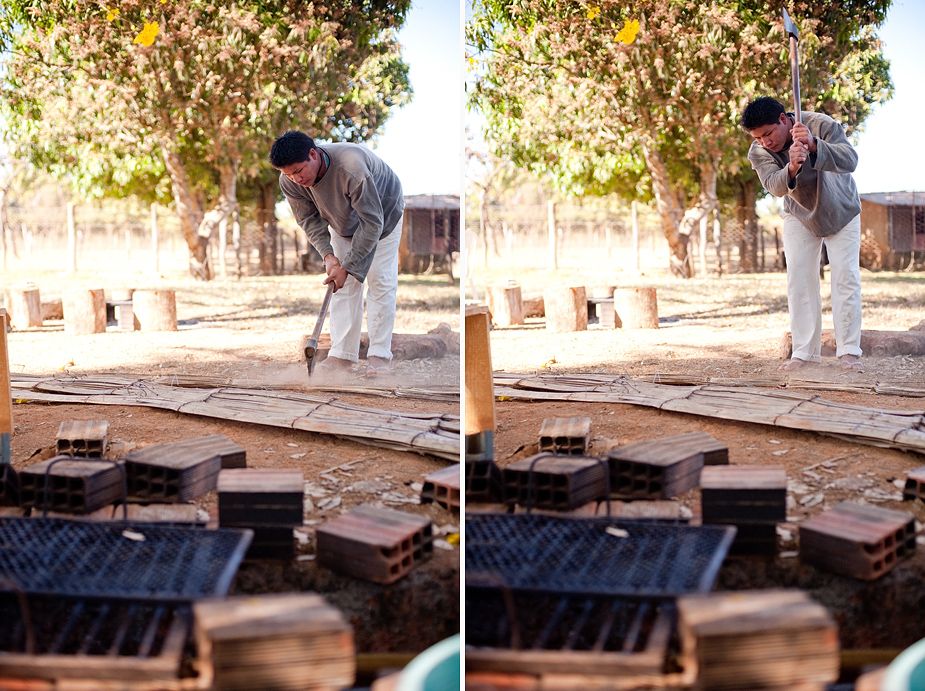
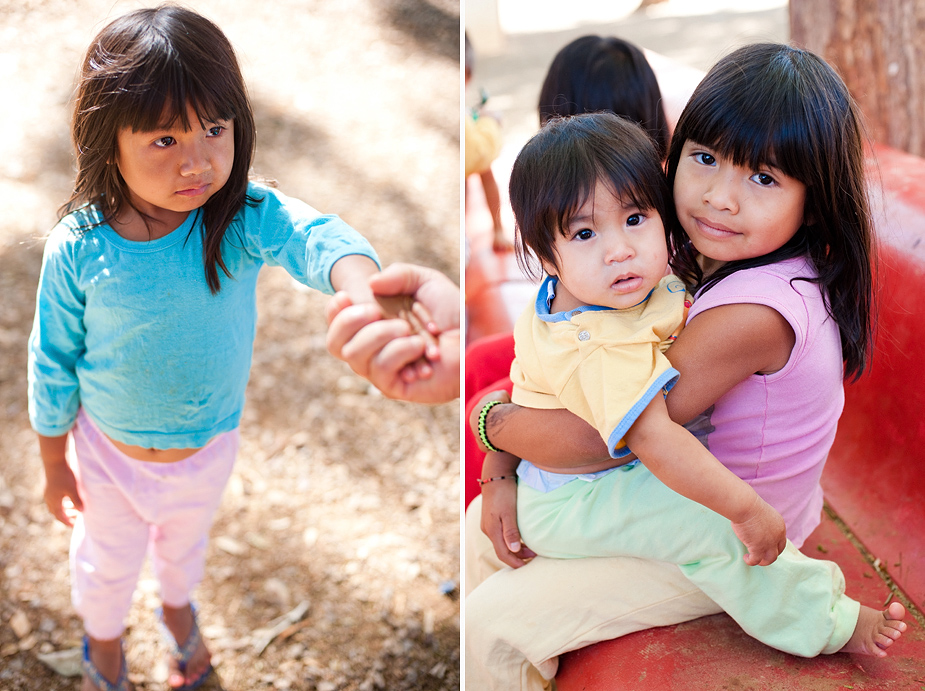

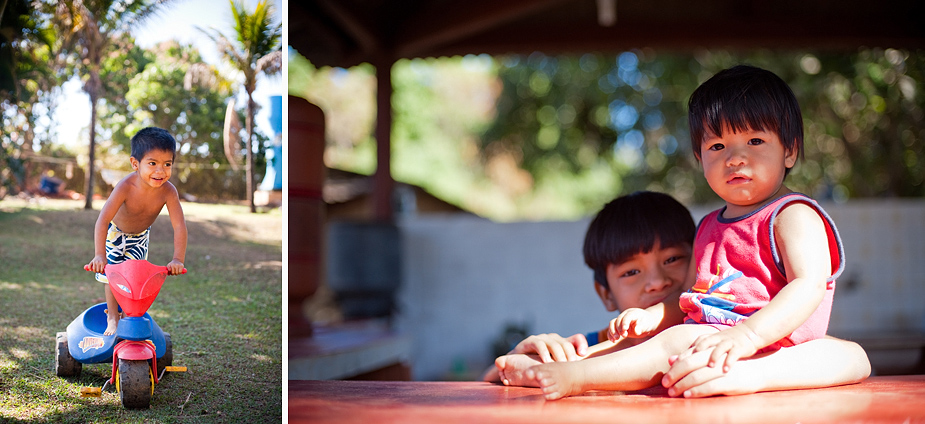

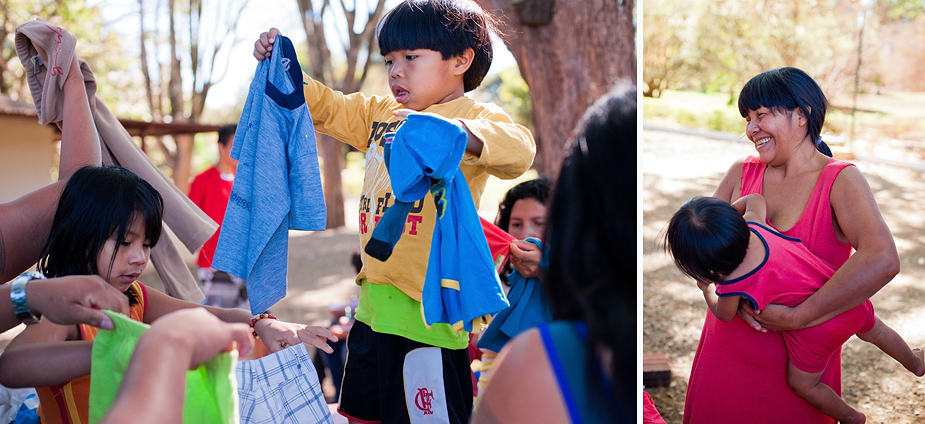

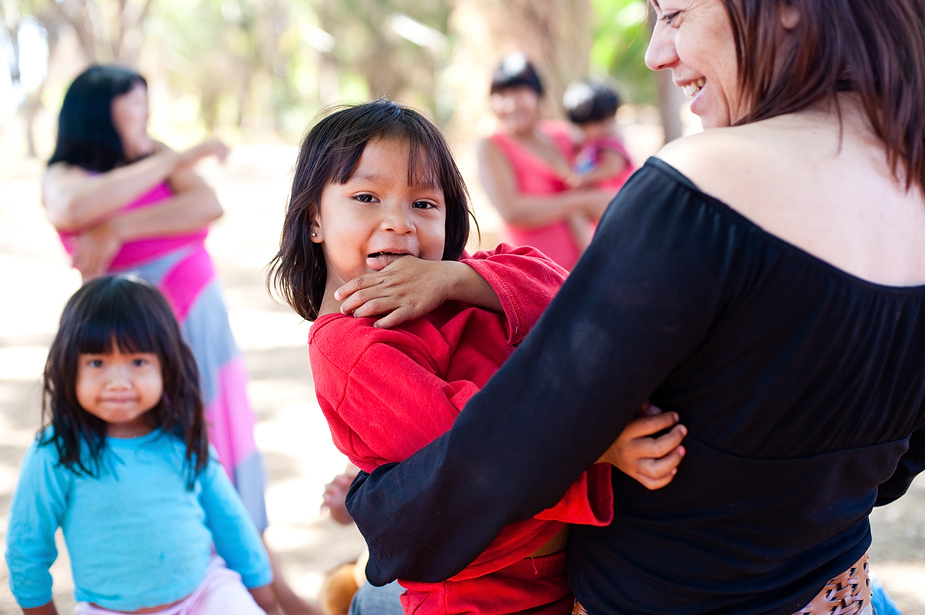
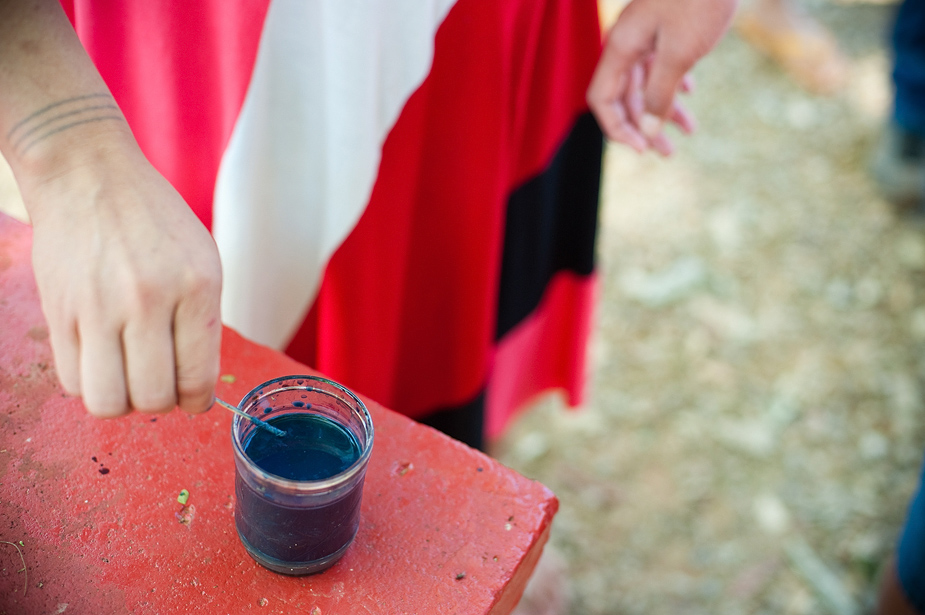
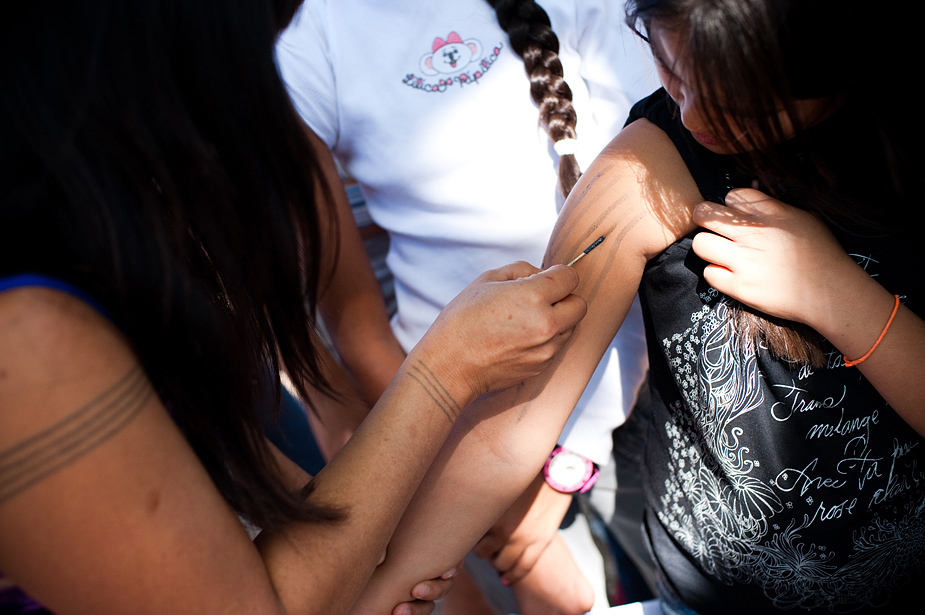


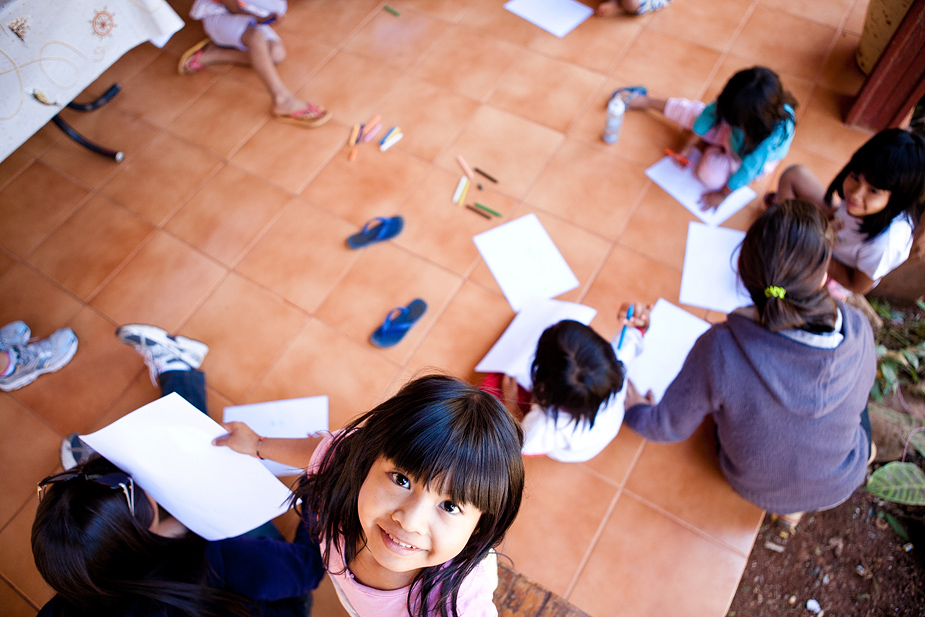
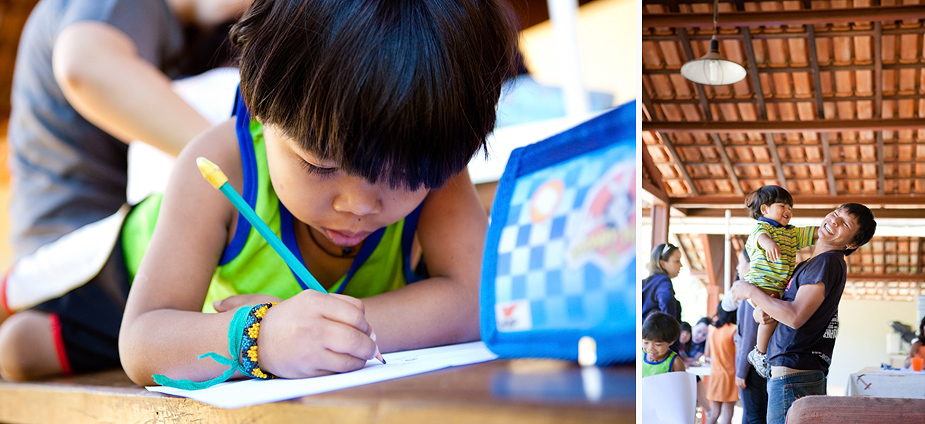
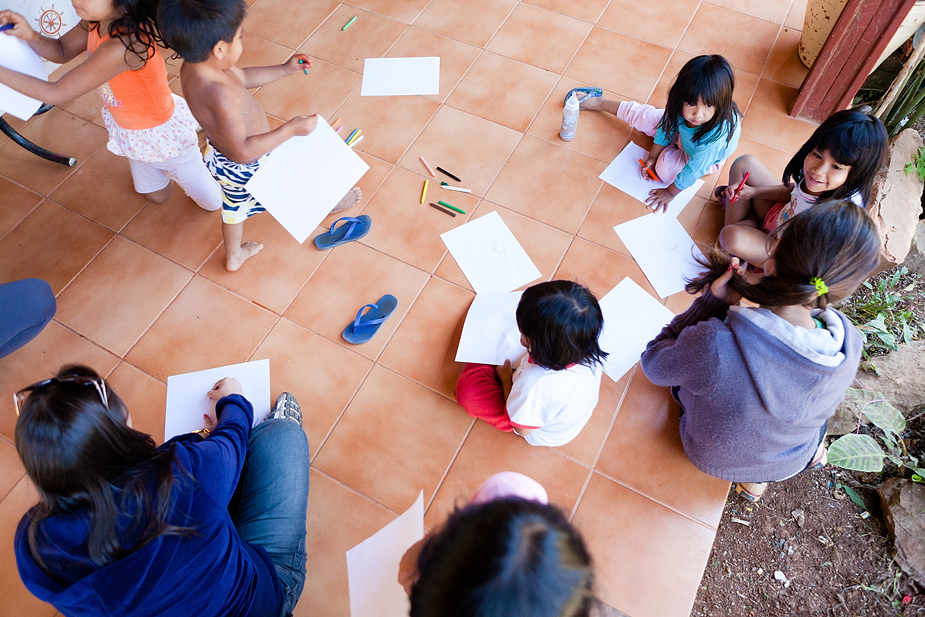

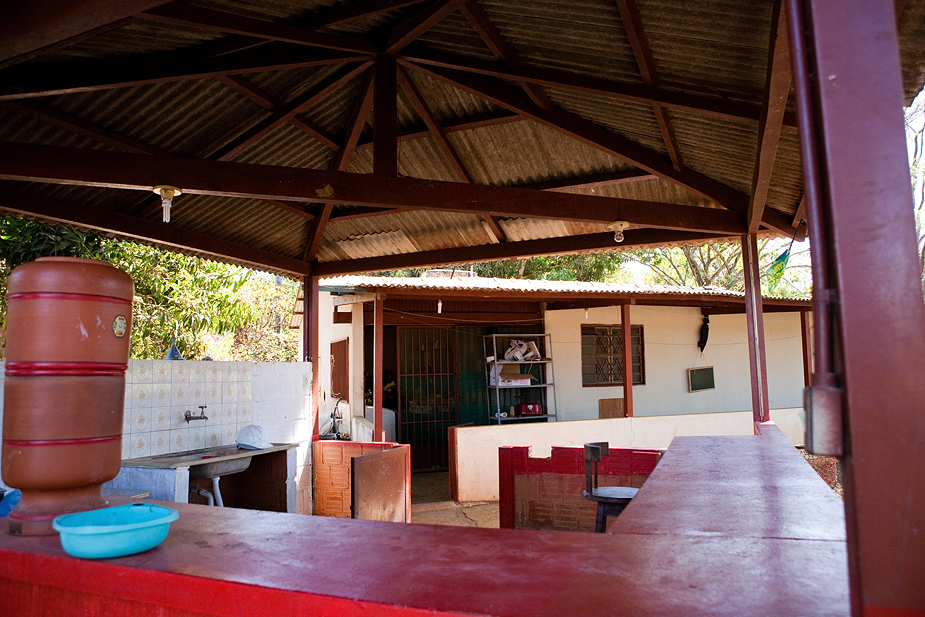
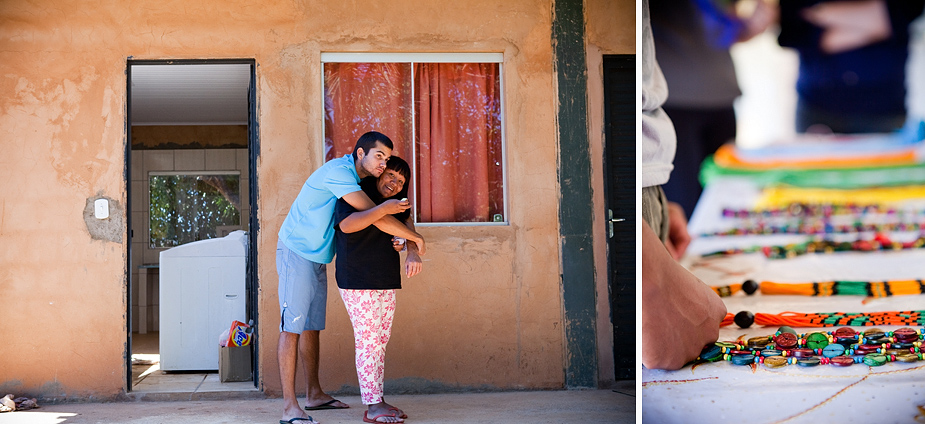
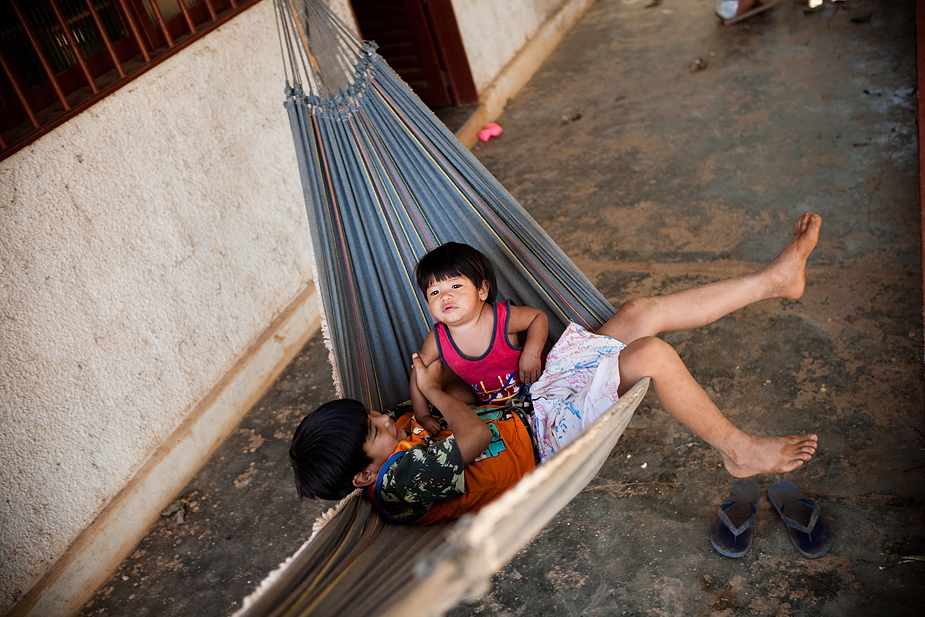

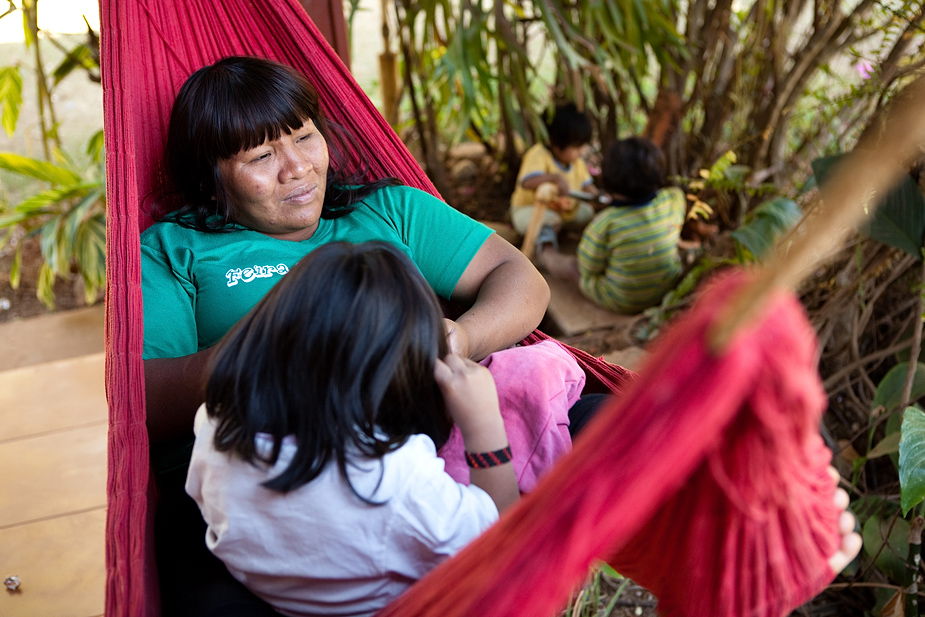
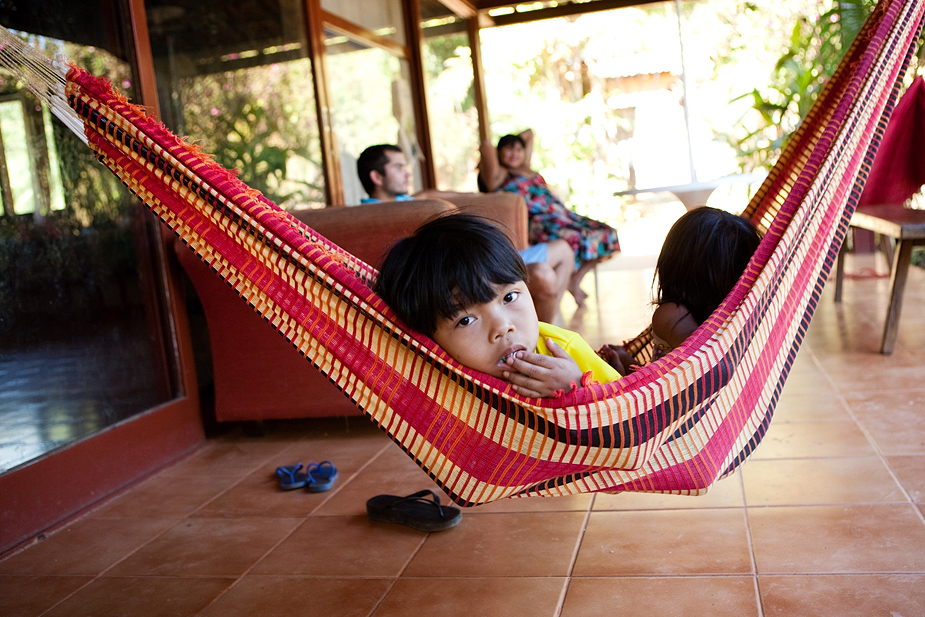
Amalé is such a fun loving little guy!
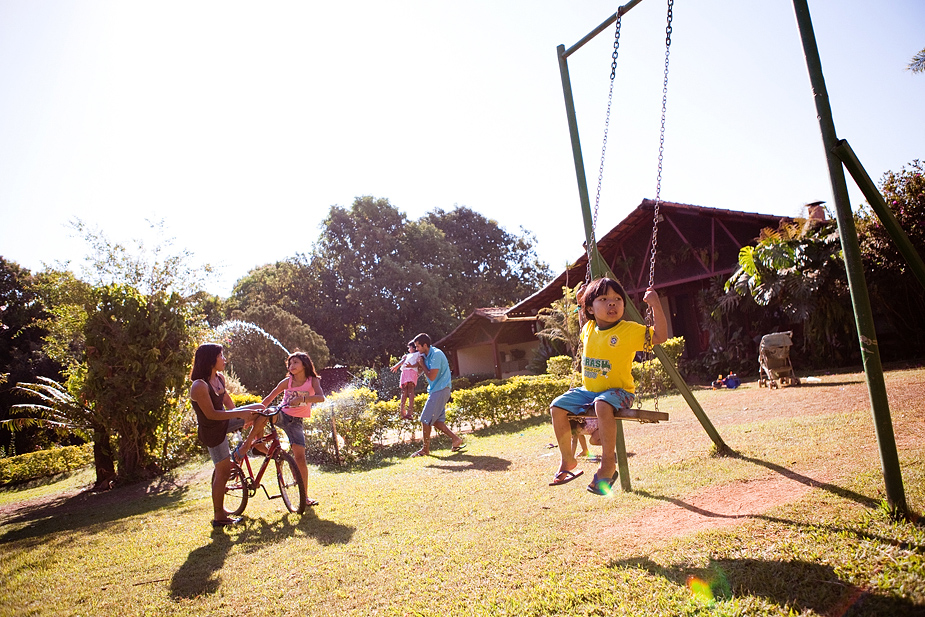
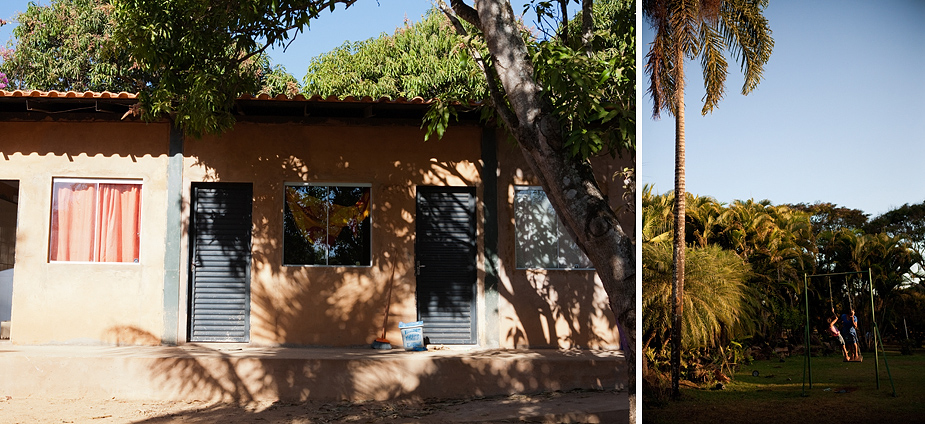
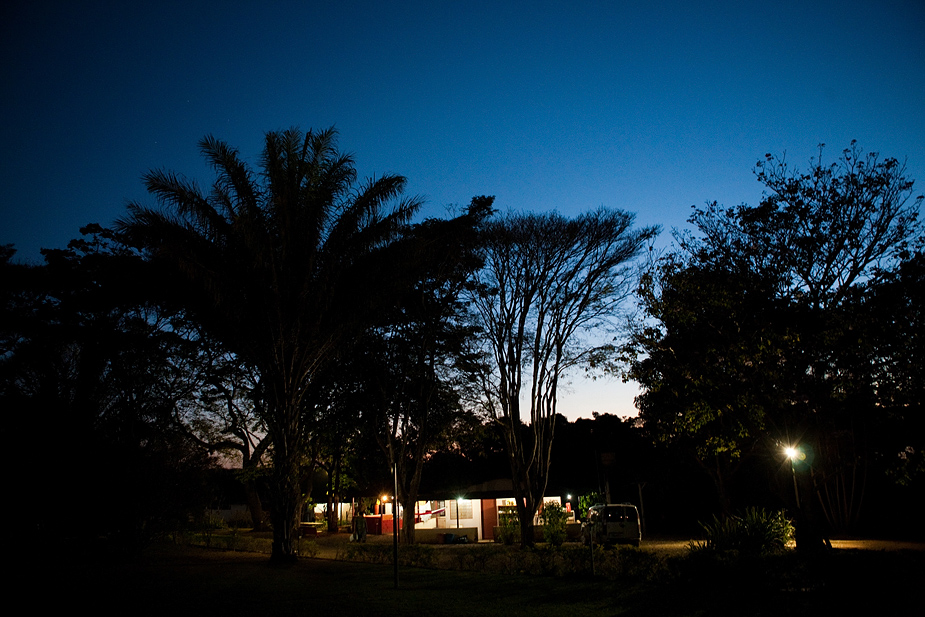
I had the pleasure of spending a couple days with the mothers and children that have sought care with the staff at Atini, since they are no longer welcome in their tribes. If a mother refuses to follow the infanticide custom, she and her children are kicked out of the tribe. It seems like such a harsh custom, but before we go passing judgement, consider this: you live in the jungle striving to survive when along comes a physically or mentally challenged baby. Basic survival needs take up all your time, and suddenly here is an extremely needy child and you and your tribe don’t have the means to care for him. There are often reasons for cultural traditions and their origins. Suddenly it doesn’t seem so black and white.
It’s easy to view things from our limited perspective, living in a country that offers so much support to families that are caring for their challenged children, families that feel so blessed to have these children in their lives. Yet, it seems like there should be an alternative for the tribes in Brazil so they too may be blessed by their children. This is what Atini is about- offering women and their children a place to go when they are no longer welcome in their tribes.
Below is an exerpt from Atini’s English website (Use Google Translate see their more updated Portuguese site for more information HERE and HERE):
“In many parts of Brazil the practice of infanticide is still a reality. Every year dozens of children are buried alive, suffocated with leaves, poisoned or abandoned to die in the forest. Loving mothers are many times forced by cultural tradition to betray their instincts and give up on their child. Some of them rather commit suicide than follow the tradition. Others have to live with the pain and remorse for the rest of their life. In some cases, the mothers fight for the lives of their children while they can and are forced to live excluded by society or they need to take refuge away from their community. There are many reasons that lead to the death of hundreds of helpless children. Children that are born with some type of mental or physical handicap may be sacrificed. Twins or children born out of relationships that are undesired by the community have no guarantee of the right of life. …
Even though infanticide is a violation of human rights, it’s tolerated by the official agencies, under the politics of not interfering in the culture. Even though we have information that point to an increase of the infanticide rate in recent years, it is very hard to reach an accord of an approximate number of victims per year. Many of the deaths caused by infanticide appear covered in the official documents as death caused by malnutrition or undetermined causes. …
We are a group formed by people from different areas of society like NGO’s, indigenous associations, companies, churches, and politicians gathered around the same purpose. We respect the cultures and the differences, but above all we respect the human beings with no distinction. We fight to move and mobilize society with the purpose of seeking solutions for this ancestral problem of our nation. We fight to defend the right of life that each child has no matter what their ethnic origin is. We fight to take information to each indigenous community and to create condition for the children that are survivals of infanticide to be treated with respect and dignity.”
If you are interested in donating to Atini to support them in their cause, see their website (or HERE), or you may contact me and I’d be happy to forward the donation to them.



